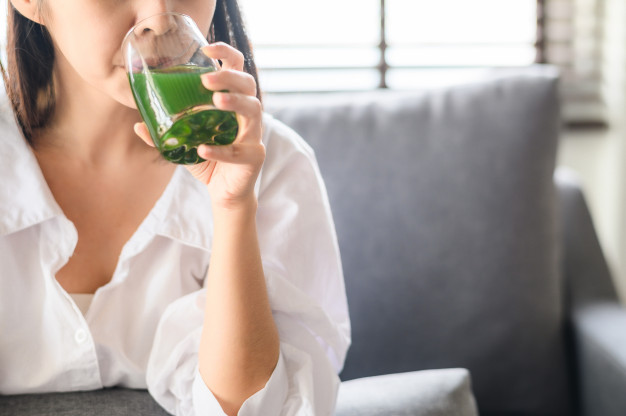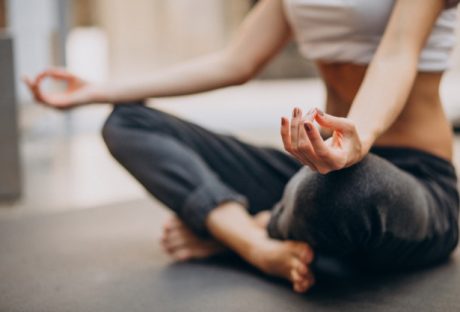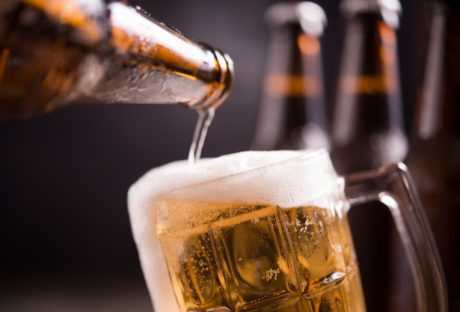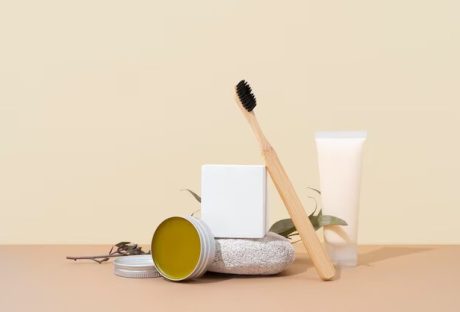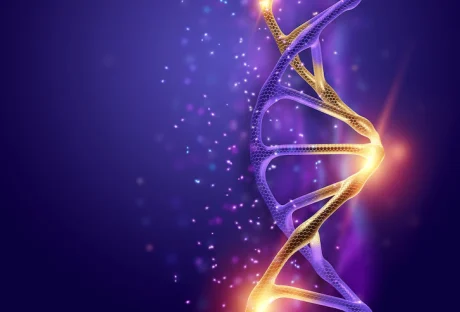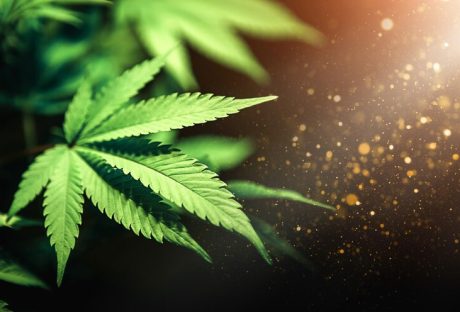Marijuana is the drug of choice in case of post-operation pain. There is a common belief that it is not an addictive drug, but this is not the ultimate truth.
It is estimated that around 9% of the people around the world using pot will eventually become addicted to it, while approximately 25-50% are those who used to smoke on a daily basis.
In this article, you will learn how to perform marijuana detox. This article will give you a step-by-step guideline on how to get out of the habit of using marijuana. Also, you will learn how to get over your marijuana cravings. Hence, to learn more, read on to the end of the article.
Marijuana Detox: A General Overview
Detoxification is the method used to remove the harmful amount of the substance that is accumulated in the body. Detox from drugs and marijuana is essential for people who are trying to quit the use of the drug but in vain.
This is helpful for those who are suffering from marijuana use disorders. Apart from that, it is also helpful for those who are trying to clear the THC from their systems. Moreover, mothers who are desperate to protect their children’s health can also benefit from this detox guide.
Many people try to get a reputable job. However, they fail due to addiction and need help to get rid of this habit.
Moreover, others use marijuana in combination with many other drugs like heroin, cocaine, etc. They can get an advantage out of marijuana detox due to the chances of higher risks during multiple-drug withdrawal.
Guidelines for an Effective Marijuana Detox
The initial stages of marijuana withdrawal can be severe during the detoxification. Following are the seven guidelines for an effective marijuana detox:
1. Realize the Reason for Detox
Firstly, when you try to quit smoking pot on your own, do you find it difficult to do so? Do you start having cravings whenever you are depressed? Do you munch on junk foods often due to smoking pot? Make a list of all of these questions arising in your mind when it becomes difficult for you to continue your detox process.
2. Start Eating Healthy
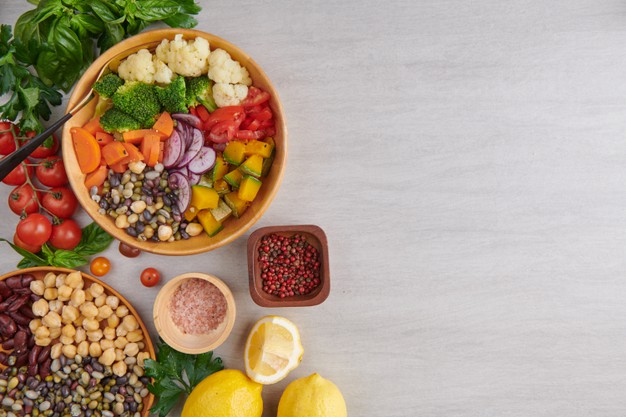
Start eating lean meat, fruits, pulses, and vegetables instead of sugar and alcohol. Replace your regular meals with foods with high fiber and water content, like broccoli, cucumber, beetroot, etc., that help you remove as many toxic substances from your system as possible.
3. Work Out Regularly
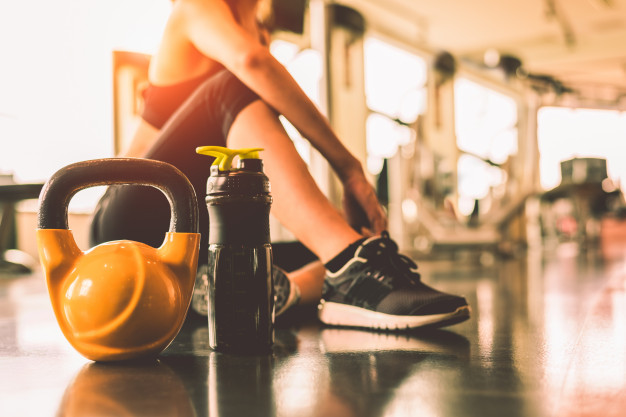
The detox will eliminate the excessive amount of the drug from your body. Then, you will feel lightweight and more energetic but no channel is there for you to utilize this energy. For this purpose, a regular workout is the best way out to keep you physically fit and active.
Basically, the THC that your body accumulates will move out of your system gradually as you start burning your fat.
4. Stay Hydrated
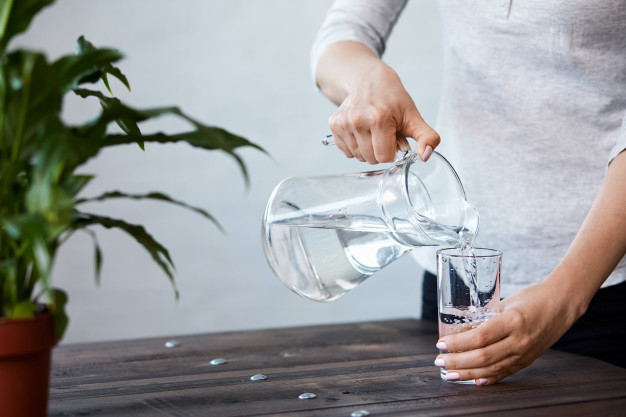
As you eliminate marijuana from the body through urination or perspiration, you need to take plenty of fluids. You can add such substances in your water that will boost up the detox action like lemon, cucumber, ginger, cinnamon, etc.
5. Start Supplementing
Once you start the detox process, then vitamins in the form of supplements help raise the rate of flushing the drug out of the body.
For instance, Niacin and Vitamin B3 commonly trigger the elimination of toxins as it is used to dilate the blood vessels by increasing the histamine level. So, one tablet once a day is enough to increase the detox process.
6. Find A Detox Partner
When you register in a detox clinic then there will be many others who are in the same boat. Generally, they will act as a support system for you. This will help you to focus more on your goal and help you to achieve it.
7. Don’t Push Yourself To The Extreme
Detoxification is a slow and steady process. Hence, you can’t get rid of the drug overnight. You need to be relaxed and have the patience to go through the whole procedure and just avoid such things that trigger the cravings for the drug so you continue to refrain from drug use.
Other Marijuana Detox Options
When you are starting your detox, it is better to perform some online research. Here, you must realize that you have multiple options to try. However, it is better to use natural detox options rather than artificial ones.
Apart from that, stay away from weed. Although it is as obvious as it sounds, it is not easy to do since you have an addiction to it. Here, you must stay away from people who smoke weed and consume marijuana.
No matter how close they are to you, you have to do it for your own sake. Rather, stay with people who are health-conscious and focus more on detox.
Moreover, when you start your marijuana detox process, make sure to have a plan in place. This will help you stick to your goal. In fact, a goal without a plan ends up being just a wish.
Start Your Marijuana Detox Now
When you are starting a marijuana detox, make sure to take it slow. Understand that it takes time to get over marijuana. To be successful in your goal, make sure to eat and drink healthily and exercise daily.
Apart from that, if you team up with similar people who want to start marijuana detox, you will not lose motivation.
Do you have more suggestions on how to start marijuana detox? Please share your ideas and opinions in the comments section below.
Read Also:
- What’s It Like In A Drug Recovery Center?
- What You Need To Know About Inpatient Rehabilitation Facility
- How Does Recreational Marijuana Affect Your Sex Life













